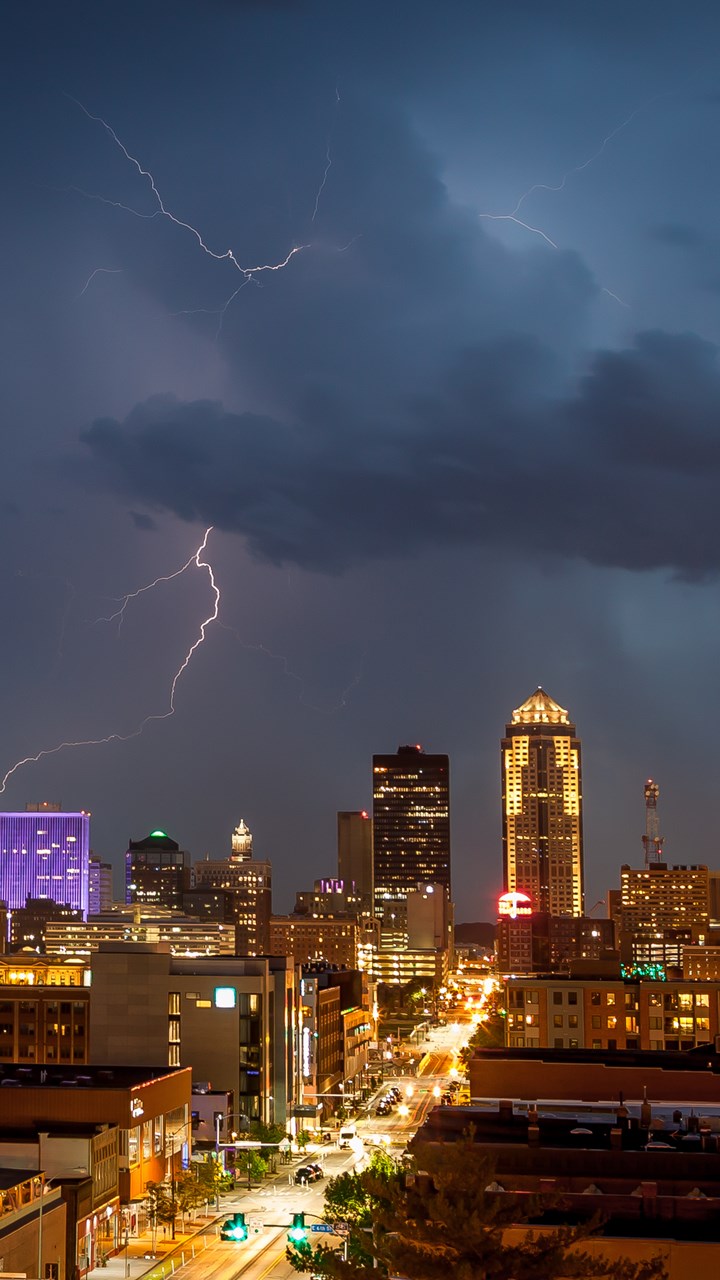Avoid Scams & Fraud

Scams seem to follow disasters. Don’t let your guard down and suffer another disaster such as identity theft or paying fees for services that are never provided.
Remember, FEMA never charges for services nor does it endorse any commercial business, product or service. All federal employees have an official badge/ID. Ask to see it.
The following are some common post-disaster fraud practices to avoid.
Fake offers of state or federal aid:
- Beware of visits, calls or emails from people claiming to be from FEMA or the State of Iowa asking for your Social Security number, bank account or other sensitive information. Giving out this type of information can help an unscrupulous person make a false claim for assistance or commit identify theft.
Fraudulent building contractors.
When hiring a contractor, the Iowa Attorney General suggests:
- Check out the contractor before you sign a contract or pay any money. Ask if the contractor is registered with the Iowa Workforce Development's Division of Labor Services. You can check a contractor's registration online through the Division of Labor Serviceswebsite or call 1-800-562-4692 or 515-242-5871. Check local references. Ask the Attorney General's Consumer Protection Division if it has complaints (515-281-5926 or 1-888-777-4590).
- Get it in writing! Get several written estimates for the job you want done. Before any work begins, agree on a written contract detailing work to be done, responsibility for permits, costs, and any other promises. Request a copy of the contractor's liability insurance certificate. Put start and completion dates in writing and consequences if the contractor fails to follow them (example: the contract could be nullified if the contractor doesn't start on time.)
- Avoid paying large sums in advance to a contractor. If you have to make a partial advance payment for materials, make your check out to the supplier and the contractor. Insist on a "mechanic's lien waiver" in case the contractor fails to pay others for materials or labor.
- State law prohibits price gouging when a county has been declared a disaster area.
- In most cases, Iowa's Door-to-Door Sales lawgives you three business days to cancel a contract signed at your home.
Don’t fall for scam artists who promise a disaster grant and ask for large cash deposits or advance payments in full.
- Federal and state workers do not solicit or accept money. FEMA and the U.S. Small Business Administration (SBA) staff never charge applicants for disaster assistance, inspections or help in filling out applications.
- FEMA inspectors never require banking or other financial information.
- The job of FEMA housing inspectors is to verify damage. Inspectors do not hire or endorse specific contractors to fix homes or recommend repairs. They do not determine eligibility for assistance.
- FEMA inspectors will not condemn a property. Condemnation determinations are made by your local jurisdiction.
Recovery officials encourage Iowa residents to watch for and report any suspicious activity.
Iowans can submit an online consumer complaint, which allows you to attach and submit any supporting documents, such as contracts, advertisements, correspondence, proof of payment, etc. You can also download a printable complaint form and mail it to the Office of the Attorney General of Iowa, Consumer Protection Division, Hoover State Office Building, 1305 E. Walnut St., Des Moines, Iowa 50319-0106.
